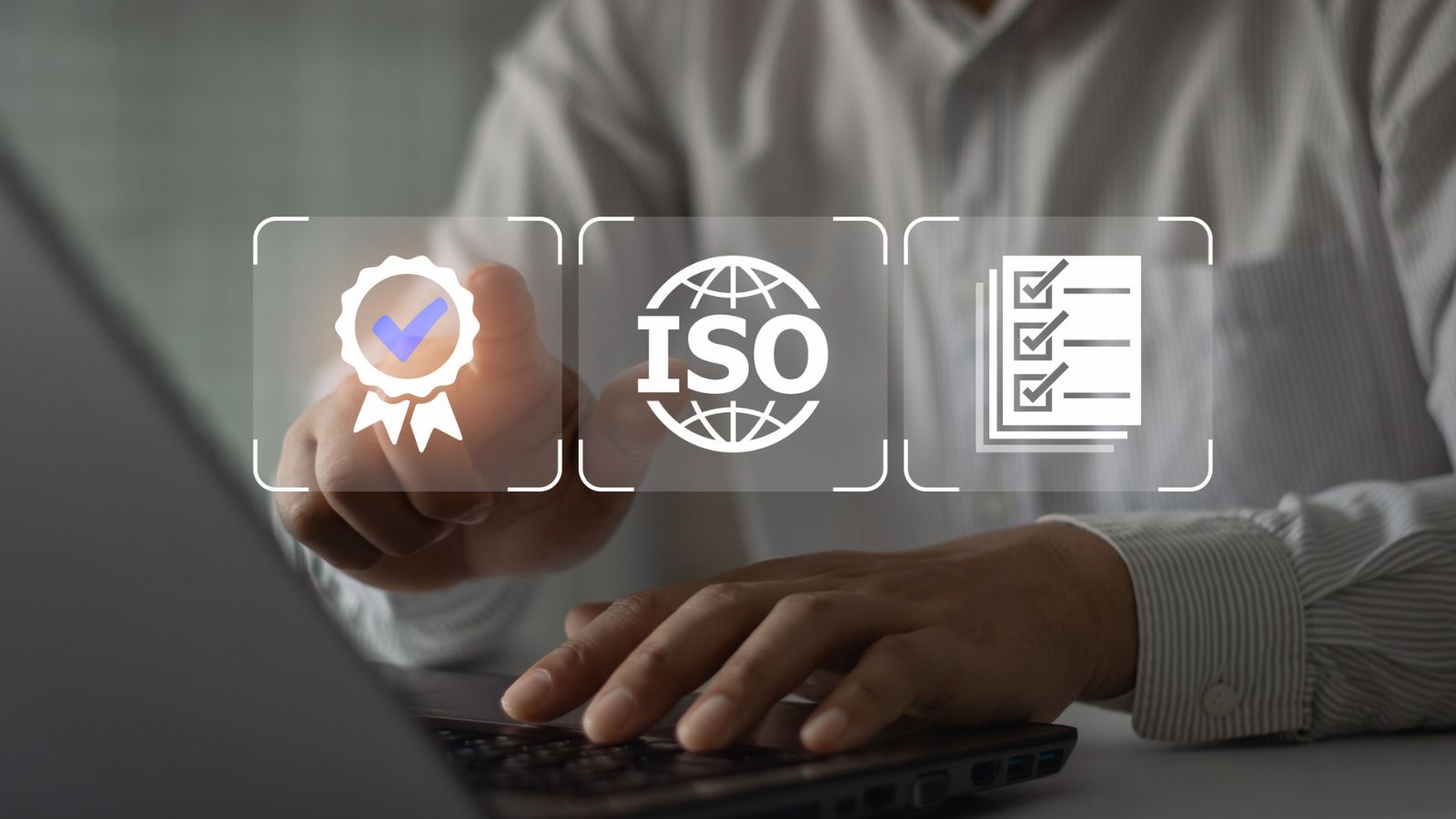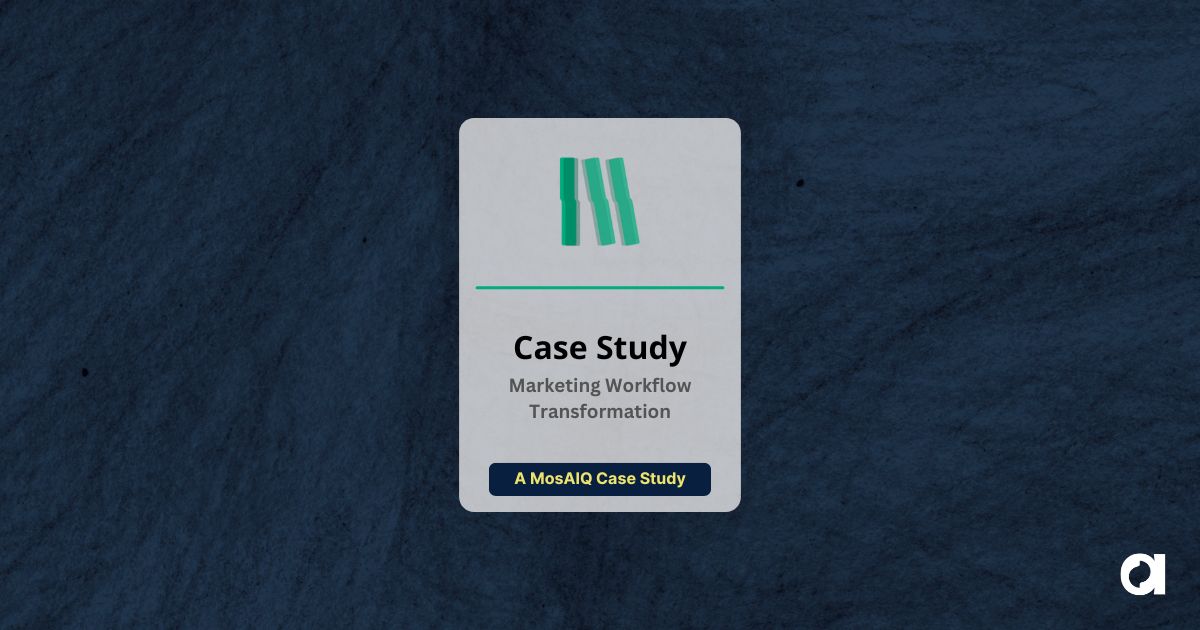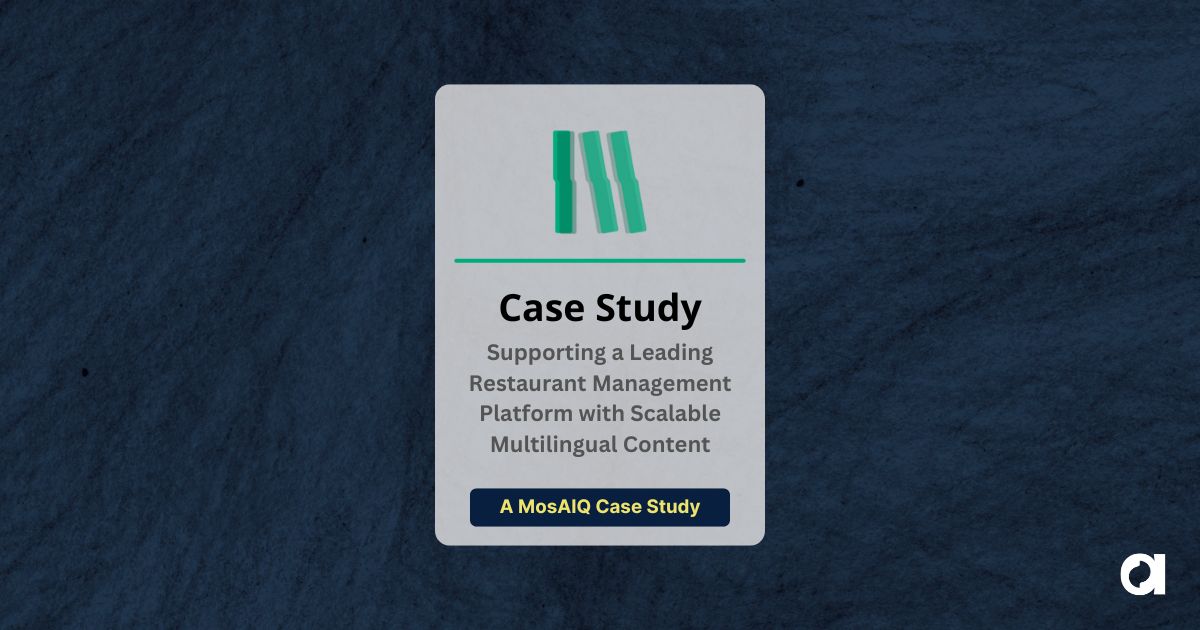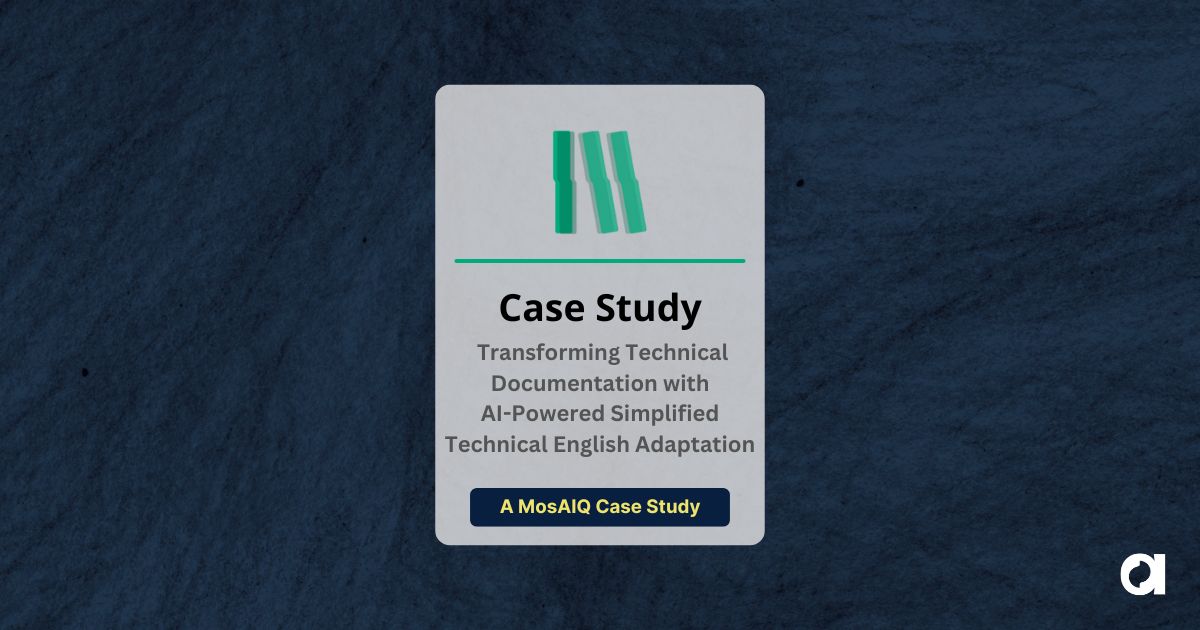In language services, we work every day with industries where getting things right the first time matters. The solutions we provide to our clients are built on more than just promises—they’re grounded in proven, well-established international standards.
Whether it’s ensuring patient safety in a life sciences translation or maintaining the confidentiality of financial documents, the certifications issued by the International Organization for Standardization (ISO) guarantee that organizations have met rigorous criteria and follow global standards of quality assurance, operations and business.
Let’s take a closer look at ISO to understand why it is so important.
Why ISO is an Advantage
For language service providers (LSPs), ISO certifications cultivate trust and set high expectations for accuracy, security, and reliability. In industries where we operate, like the life sciences, finance, and legal sectors, these credentials guarantee that we follow strict procedures at every stage, from vetting translators to documenting and standardizing workflows.
In regulated industries, mistakes in translation can lead to operational failures, rule breaches, or even legal liability. ISO-certified workflows provide structured, transparent processes that attempt to proactively prevent these kinds of costly errors. By applying stringent checks at every stage, ISO certifications offer reliability for smooth global operations.

Key ISO Certifications for Localization
In localization, ISO certifications demonstrate that we’re serious about quality, processes, and continuous improvement. Here are a few ISO standards common in the localization industry:
ISO 9001 (Quality Management)
This certification drives a company-wide commitment to quality through the creation of a Quality Management System (QMS). The QMS requires processes to be documented and support continuous improvement, complaint resolution, and ongoing optimization.
ISO 17100 (Translation Services)
Focused on the qualifications of translators and revisers, ISO 17100 guarantees that language services are performed by qualified professionals and follow a structured workflow.
ISO 27001 (Information Security)
This certification ensures that sensitive information is secured by following a rigorous information security management system (ISMS) to minimize breaches and violations of privacy regulations.
ISO 18587 (Post-Editing of Machine Translation)
ISO 18587 establishes requirements to be followed by organizations that offer machine translation (MT) post-editing services.
Prescribing Accuracy: ISO’s Role in Medical Device and Pharma Translations
Beyond our certifications related to language and security, Argos works with many medical device, pharmaceutical, and life science clients—and there’s no room for error here. With new devices and treatments constantly in development, the stakes are high, and any misstep can delay or even derail regulatory approvals.
Our medical device translations need to be as precise as the treatments they support, whether we’re translating a surgical device IFU, packaging, or labels. ISO ensures that our language services comply with strict regulatory standards to keep patients safe.
Our ISO certifications also help pharmaceutical translations. Clinical trials hinge on the clear communication of every detail. Whether its patient recruitment materials, consent forms, or trial data, our ISO-certified processes help prevent costly delays and ensure that all translated documents meet quality standards.
ISO 13485: Translating for Safety
From navigating international regulations to ensuring user instructions are understandable across languages, both medical device manufacturers and pharmaceutical companies face complex challenges when bringing products to market.
Argos is one of only a handful of global translation companies that is ISO 13485 certified. This certification is specific to medical device quality assurance processes and helps ensure critical content such as operating manuals, diagnostic software, and safety labels meet stringent regulatory and safety requirements.

Trust in Every Transaction: Security with ISO 27001
ISO certifications aren’t confined to only medical device and pharmaceutical content—they’re essential across many global industries, such as finance, legal, and IT, which require high levels of confidentiality to protect client data and product information.
ISO 27001 creates a systematic approach to securely manage sensitive information with an information security management system. With cyber threats emerging regularly and data breaches frequently in the news, ISO 27001 helps organizations become more risk-aware and proactively identify vulnerabilities by regularly assessing people, processes, and technology.
ISO in the Real World: How Argos Multilingual Puts ISO to Work
We are proud of our ISO certifications, which have been integrated into every step of our processes and provide a clear, documented framework for operational efficiency and effective client collaboration.
From project kickoff to the delivery of translations, we follow standardized processes to ensure consistent quality and compliance. For example, when a new project begins, we carefully select pre-qualified translators with the required industry expertise and experience. Then we follow ISO-certified workflows that emphasize quality control, information security, and project timelines. ISO also supports efficient collaboration with our clients, ensuring every stage of the translation process is aligned with their specific needs.
Argos participates in regular internal audits, real-time feedback systems, and re-certification audits conducted by an independent third-party auditor help us evaluate our system. These evaluations are opportunities to hone our system by adjusting workflows, addressing gaps, and ensuring that our services continue to meet the highest standards.
Speaking the Language of Trust
Among the many benefits of ISO are that it creates a universal system that acts as a bridge between a client’s expectations, a LSP’s capabilities, and the realities of regulation to offer a way to cross borders and languages with confidence.
For businesses operating internationally, partnering with an ISO-certified LSP means employing language strategies that meet internationally recognized standards. From the careful selection of qualified linguists to data protection, these international standards ensure that every project follows documented processes designed to deliver quality results every time.
Ultimately, ISO certifications in the localization industry represent a promise of trust, quality, and security, with an added layer of professionalism and clear communication. For businesses looking to expand their global reach, partnering with an ISO-certified LSP like Argos Multilingual is a strategic choice and a vital investment in clarity, accuracy, and success.
To learn more about Argos and our ISO-certified processes, contact us.
 Argos Multilingual
5 min. read
Argos Multilingual
5 min. read
For those of us who work in language services, AI is everywhere these days. At Argos, we’re harnessing its potential—using artificial intelligence to clean up translation memories, refine quality assurance processes, and customize machine translation engines for complex multilingual projects. AI helps localization teams tackle the challenges of scale and complexity. It takes on repetitive, […]

 Stephanie Harris-Yee
15 min. read
Stephanie Harris-Yee
15 min. read
Solutions architects in the localization industry are akin to bridge builders. We all need them to design something sound and reliable we can use daily. Something that spans the gaps, supports heavy loads, and adapts to changing conditions. And if it’s elegant, even better. Just like sound localization workflows. Solutions architects have always been indispensable, […]











